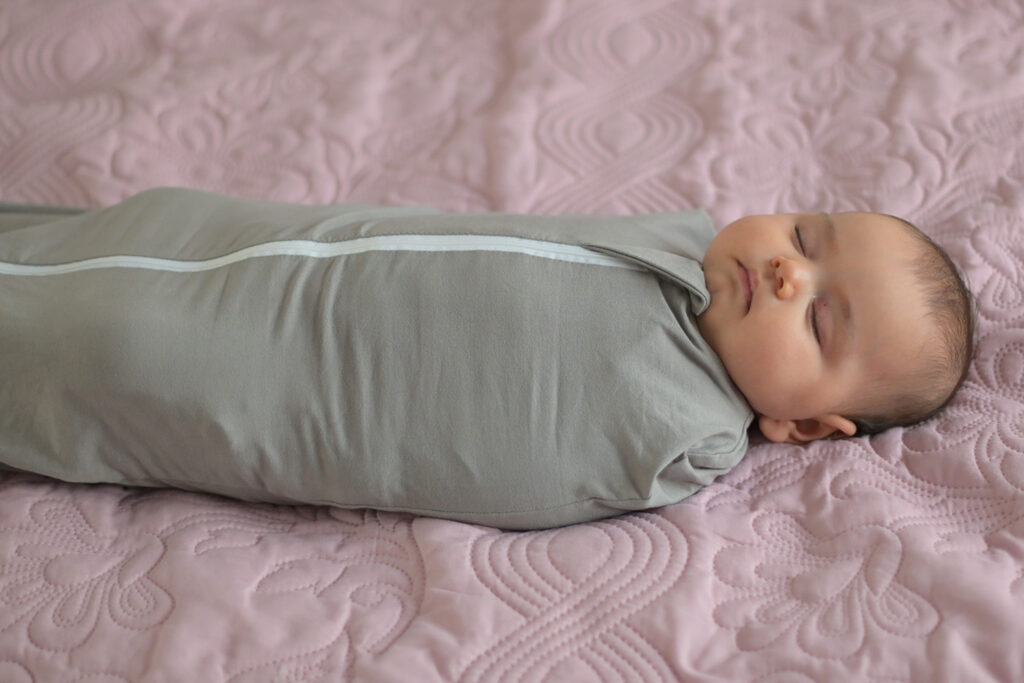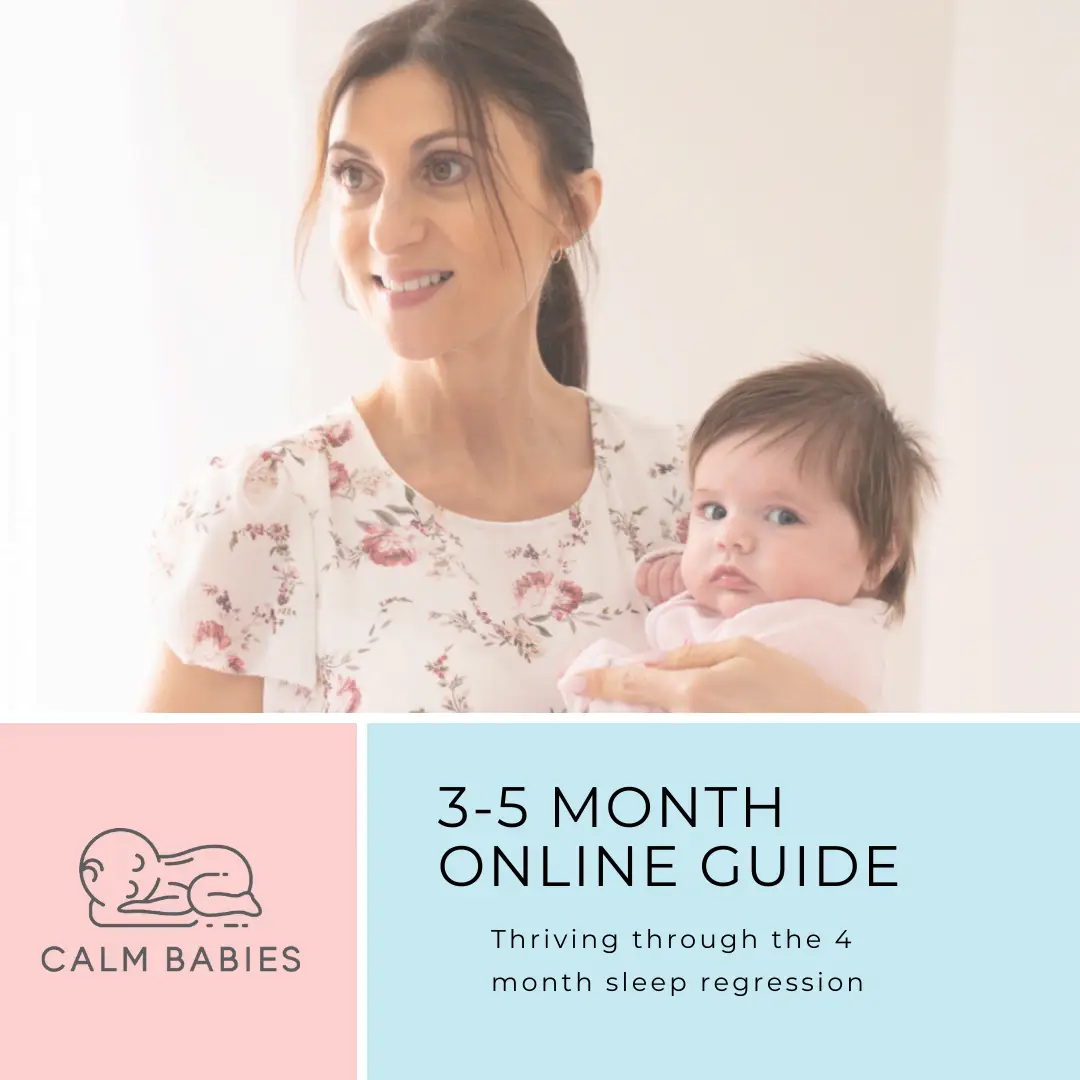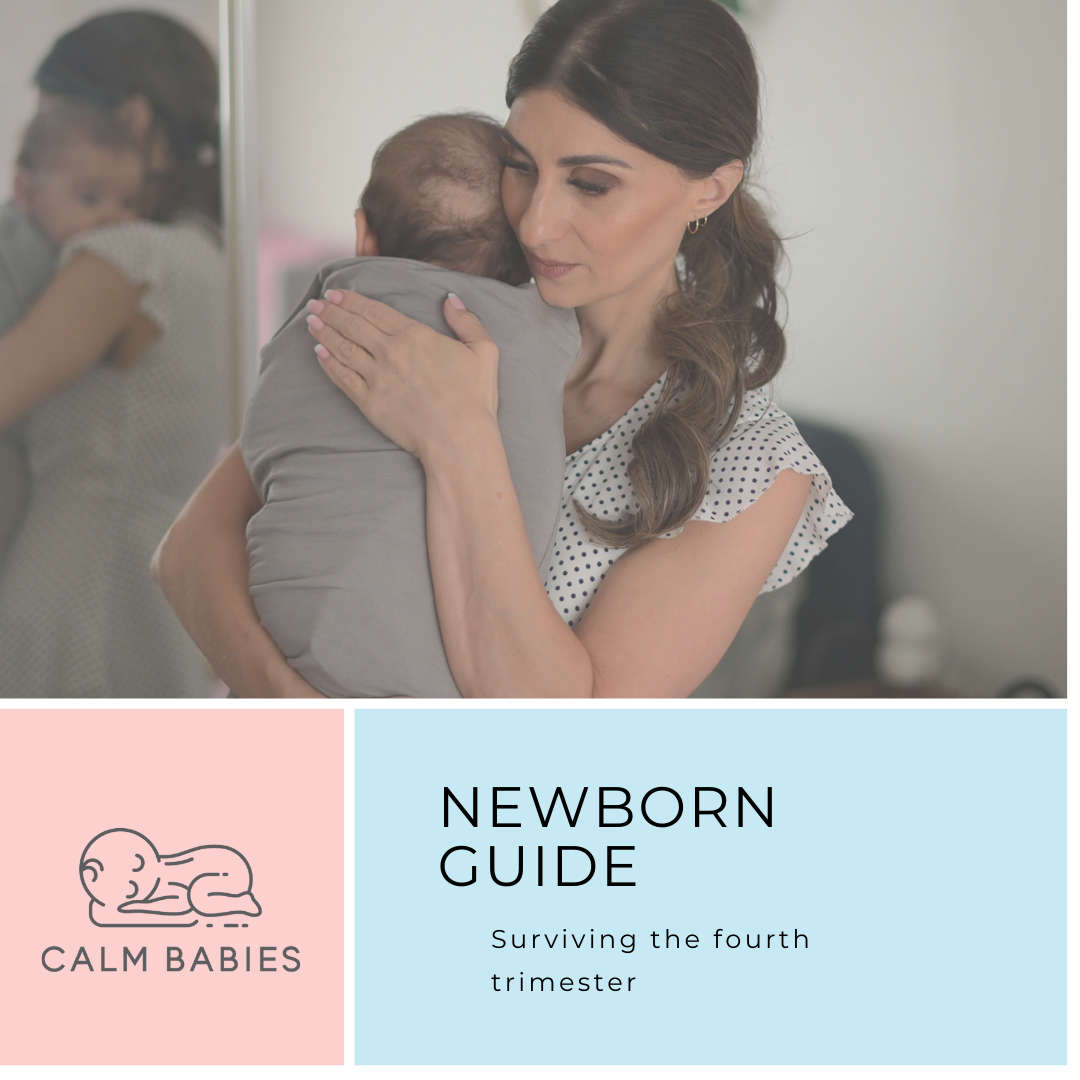
Night Wakings: Why Your Toddler Is Suddenly Up at 2AM
It’s 2AM. Again. Your toddler is standing by your bed wide awake, eyes gleaming, ready for a conversation about dinosaurs or toast. If this scene

Ah, newborn sleep. Equal parts adorable and unpredictable. One minute your baby is snoozing like an angel, and the next they’re wide-eyed at 3am with no plans of going back to sleep. If you’re wondering whether this chaos is normal, you’re in the right place.
At Calm Babies, we’ve helped thousands of Australian families understand what’s biologically normal in the newborn stage and how to gently build healthy sleep habits (without expecting miracles). In this blog, we’ll walk you through what’s typical, what might need tweaking, and when it’s time to reach out for extra support.
In the first 12 weeks, “normal” newborn sleep can feel anything but! Most babies:
In other words: unpredictable, fragmented, and totally dependent on you.
💤 Want a survival guide for this stage? Grab our Surviving the Fourth Trimester guide.
While the newborn stage is full of ups and downs, a few signs might mean something needs adjusting or checking in with your GP:
Trust your gut. If something feels off, it’s worth asking.

You don’t need a rigid routine, but some gentle rhythms can help. Here’s what we recommend:
Open the blinds during the day, keep things quiet and dark at night. This helps reset their internal clock.
Always place baby on their back, in a cot or bassinet, on a firm mattress. Keep it simple and safe.
This separates feeding from sleeping, and encourages independent sleep over time.
Newborns can only stay awake 45–60 minutes before needing to sleep again. Overtired babies sleep worse!

If you feel like:
Then it’s time.
We offer non-judgmental, practical help for sleep, routines, and parental wellbeing. Whether it’s an online guide, a phone chat, or an in-home consultation in Melbourne, you don’t have to figure it all out alone.
👉 Book a consultation with Calm Babies
Newborn sleep isn’t meant to be perfect, it’s a season of survival and bonding. But that doesn’t mean you have to struggle through it blindly.
With the right support, even those bleary-eyed nights can feel a little lighter.
You’ve got this. And we’re right here with you.



View our brand new online guide to help you with the support you need to manage the 4 month sleep regression.

This guide is full of everything you could possibly need to know when bringing your newborn home. From Bathing to feeding this guide is full of information and video demostrations.


It’s 2AM. Again. Your toddler is standing by your bed wide awake, eyes gleaming, ready for a conversation about dinosaurs or toast. If this scene

Ah, newborn sleep. Equal parts adorable and unpredictable. One minute your baby is snoozing like an angel, and the next they’re wide-eyed at 3am with

Newborn days can feel like a beautiful blur of feeds, cuddles… and total chaos. One minute your baby is asleep on your chest, and the